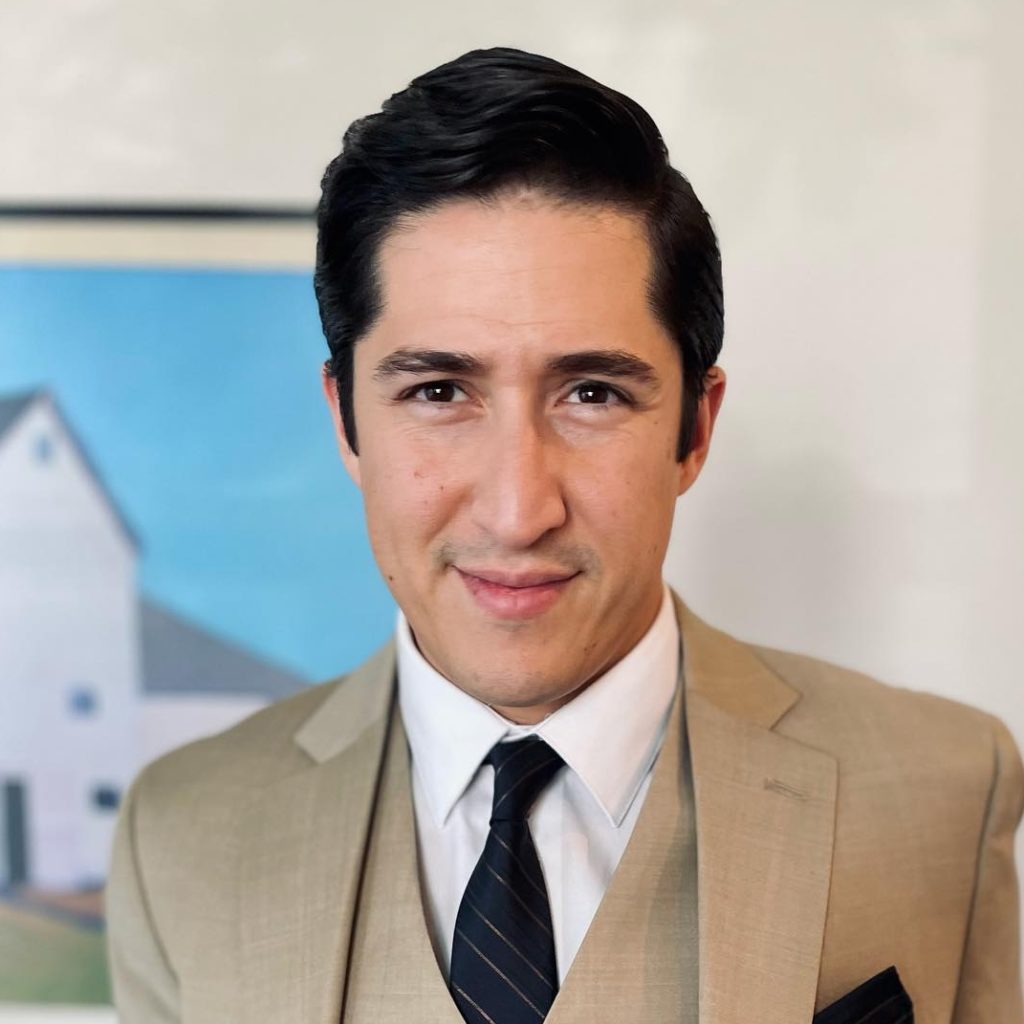We are proud to feature, as a series of guest posts to help parents understand the nature of classical education, excerpts from The Way to Galleon: The Definitive Manual on Classical School Culture, a forthcoming book by Oscar Ortiz Duarte. Look ahead to part two.
Classical Education: A Vision of the World, the Human Person, and the Relationship Between the Two
I love when parents ask me what a classical education is. Besides talking about something I love, I get to shed light on one of the most important areas of a child’s life: their education. Even the most involved parents that I know are not asking these crucial questions:
- What is education and how does it make humans happy?
- What is the purpose of education and is my child’s school meeting that purpose?
- Is all education equal, i.e., is my child receiving the best education the same way other children are?
This prevailing lack of interest towards education stems from something that is not all that bad: trust. Parents trust that their children are receiving the kind of education that will make their children successful. Thus I hear parents say to me all the time: “We just drop our kid off to school and that should be it, right?” Well . . .
In today’s day and age there are as many educational models as there are letters in the alphabet, with all of these models operating from different philosophies about the human child, her needs, and what will make a human person happy (think of the educational philosophy of Montessori vs. career schools, Waldorf vs. classical schools, STEM vs. forest schools, etc.). What’s even more shocking is that within the walls of a single school—even among teachers of the same grade—teachers will teach from different models based on individual preferences, educational philosophies, teacher-certification, etc. so it’s not all that unlikely that twins in the same grade but in different classrooms might be receiving qualitatively different educations! But here is the real kicker: some educational models are better than others by different standards; some are better at building reading skills, some are better at developing numeracy, and some models look better than others on a resume when students begin applying to college.
Three Simple Questions
All of this “edu-speak” can be overwhelming. That is why, to make things simpler, I recommend that parents ask themselves at least three simple questions when looking for a school:
- What kind of education is my child receiving (is it one that has a correct understanding of the world, human nature, and human learning)?
- Is it one that is oriented towards the ultimate happiness of my child?
- Is it time-tested and true?
These questions are designed to tell the wheat apart from the chaff; they reveal the deepest assumptions (i.e., the operating philosophies) of every educational model. In other words, I agree with the sentiment that “dropping off our children to school should be enough”—in an ideal world. In a perfect world, we could trust that all children would receive the best education. Unfortunately, we are far from the ideal, so that avoiding to consider these questions (in my mind) is akin to playing educational Russian roulette with our children—something no parent would do if they were aware of the extent of America’s current educational crisis.
By dwelling on these questions I’ve started this article with what makes the classical model of education unique. Over the course of ten years of working in the field of education, doing research, and comparing the academic performance of children coming from diverse educational models, I find that a Classical education model is one of the best (if not the best) model for the academic, physical, and emotional growth of children.
Why? Because of the unique assumptions the classical model accepts as true when answering the most fundamental questions about our human nature, the nature of learning, and human happiness.
In this article I’d like to do something that I have not seen in other essays that try to answer what is a classical education. I’d like to answer this question by drawing your attention to the assumptions that shape and define the classical model, and how this impacts our children, preparing them for a better future. Divided into two essays, I begin this study by introducing you to the first most widely accepted assumption, and then complete this foray into the classical world in a second article where I shed light on the two most significant assumptions that follow as a result of accepting the first.
The First Assumption of Classical Education
THE COSMOS WE LIVE IN IS TRUE, GOOD, AND BEAUTIFUL.
There is perhaps no assumption more distinctive of the classical mindset than the belief that the world is true, good, and beautiful. Everything from math facts to popcorn drills (in P.E. class) to memorizing the speech, “I Have a Dream,” is intentionally designed to drive this point home. Nor is it hard to do: Classical educators and schools don’t need to preach or moralize this assumption, since the books and the stories that make up the classical curriculum exemplify this every single day. Through the example of countless heroes and the stories of human triumphs over trials, children learn to experience this kind of world as a fact of life and not simply as a sentimental cliché. This does not mean that the classical model shields students from studying how we have fallen short from the standard of a true, good, and beautiful world. Similar to athletes that are taught to envision the ultimate prize for their hard work, classical education teaches that a true, good, and beautiful world is both the starting point (i.e., as foundation) and the end prize that we are all aiming for and in pursuit of. Again, similar to the athlete whose life, hard work, and sacrifices are justified in light of a final reward that is actually true (whether the athlete wins the reward or not, the reward exists and is ever present to the athletes mind), the world as true, good, and beautiful is what makes our pursuit of knowledge, pursuit of justice, and pursuit of world peace all meaningful human endeavors.
This vision of the world that begins to make its home in the child’s heart prepares the child to love the world (as opposed to hating it because he has been taught it is ugly or false); it equips the child to find in it his responsibility as a steward and protector (as opposed to using and manipulating the world because he has been taught that it is not good). In other words, a world that is true is a world that makes science and hence medicine and the progress of technology possible, and is therefore a world full of wonders—worthy of exploration and study. Moreover, a world that is good is a world where there is a standard for justice, one that inspires us towards virtuous living, one that calls upon us to help our neighbor and ensure fairness for all. Lastly, a world that is beautiful is a world where finding delight is possible.
Worldviews and Education Models
No other educational model (explicitly) adopts this assumption as part of their pedagogy. You might find teachers here and there that ascribe to this or a similar worldview, but even then, it is not the prevailing aim of the model, and hence is not included in the daily teaching practices of the school or its curriculum. In fact, one could argue that by failing to adopt this assumption, some schools unwittingly teach their students an opposite view of the world: a soul-crushing nihilism that zaps the imagination and moral fiber of our children. For examples, I’ve studied models that unintentionally (or intentionally) teach children
- That human happiness depends on the skills one has acquired (if those skills are marketable); or,
- That a college degree is a person’s highest achievement in life.
Likewise, I’ve encountered models that teach
- That a career or job is the ultimate aim of living;
- That human happiness is achievable through the things one possesses;
- That true human freedom is really just purchasing power; or,
- That the child is the measure of all things (and therefore should not be questioned).
Interestingly, none of these reasons appeal to or engage the child (like they do their parents). This makes justifying a school that adheres to these philosophies a torturous project for parents, who will spend the next thirteen years of their child’s schooling nagging their children to apply themselves.
To a classical educator, this only shows that the child, her aptitudes, and natural curiosity align better to the classical model than other models. For it is at this early age that the child’s natural curiosity will begin to explore the world and ask herself: is the world worth exploring? Is learning worth pursuing? A false, mean, and ugly world is hardly a good incentive to encourage children to continue developing their intellect and character. And as many parents will admit, telling a child that they must go to school because it will secure them a job in the future does not mean much to a child that is just learning to become self aware and is therefore much less aware of his or her future.
Showing a child that the world is true, good, and beautiful, and doing it through an almost infinite store of examples from history, science, math and literature, gives children the foundation they need to become life-long pursuers of truth, goodness, and beauty. So when considering a school for your child, I encourage you to pay close attention to the philosophies that undergird the mission of the school and ask yourself: what view of the world is this model setting as a foundation for children? Children at classical schools learn to cherish the world precisely because it is a place where they can at once find love, joy, a standard for moral living, and meaning in life.
Charter Moms Chats
Oscar Ortiz Duarte, MLA, CEO and Superintendent of Heritage Classical Academy, joins Inga Cotton on Charter Moms Chats on January 10, 2022 at 4:00 PM Central live on Facebook and YouTube.
Oscar Ortiz Duarte is the CEO and Superintendent of Heritage Classical Academy in Houston, Texas. Oscar has devoted his career to classical education and over the course of ten years has gone from the classroom, to Head of School, to CEO/Superintendent. He is known for being a passionate advocate for various classical charter organizations, lending his assistance and expertise to all. With an undergraduate degree in Philosophy and a Master’s in the Liberal Arts, Oscar is well-versed in classical themes bringing his knowledge into every new endeavor. Originally from Honduras, Oscar’s vocation has always been creating access to classical education to diverse and disadvantaged populations believing that the true, the good, and the beautiful paves the way for all to lead flourishing lives.
Read More About Classical Education
- Heritage Classical Academy, a proposed charter school—potentially the first Hillsdale-affiliated classical charter school in Houston, Texas; follow them on Facebook, Instagram, and Twitter
- The School Mentor on YouTube and Instagram
- Oscar Ortiz Duarte on Facebook, Instagram, Twitter, YouTube, and LinkedIn
- “From Impressions to Details: Three Signs of a Good School Culture,” Oscar Ortiz, San Antonio Charter Moms, March 28, 2022
- “Guide to Enrolling at Founders Classical Academy Virtual,” San Antonio Charter Moms, March 24, 2022
- “Great Hearts Online: Classical Education in a Fully Online School,” San Antonio Charter Moms, March 22, 2022
- “What Is Classical Education? Part 2: Education that Nourishes the Mind,” Oscar Ortiz, San Antonio Charter Moms, March 7, 2022
- “Founders Classical Academy of Schertz School Profile,” San Antonio Charter Moms, January 20, 2022
- “Interview with Great Hearts Texas Superintendent Brendan Miniter,” Inga Cotton, San Antonio Charter Moms, December 8, 2021
- “Guide to Enrolling in Great Hearts Academy Texas Schools in San Antonio for 2022–23,” San Antonio Charter Moms, October 26, 2021
- “Introducing Great Hearts Microschools,” Kurtis Indorf, San Antonio Charter Moms, May 11, 2021
- “Back to Basics,” John J. Miller, National Review, October 19, 2015


